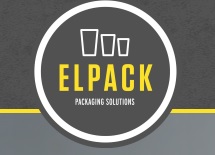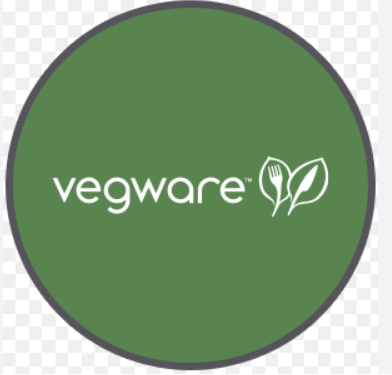Terminology
It can get very confusiong with different terminology for recyclable, bio degardale products etc. We have tried to break this down and explain the meaning of each of these terms.
Biodegradable
A biodegradable product is one that's broken down safely and relatively quickly by microbial activity into CO2, Water and Biomass – that's bacteria, moulds and fungi. The length of time it takes for biodegradable products to break down can vary quite a lot. So claiming a product is biodegradable does not guarantee how quickly it will be reduced to these three constituents.
Compostable
Composting is key! This is a biodegradable material which breaks down under composting conditions within a given time scale.
Sustainable
Sustainable sourcing exists to help reduce the long-term impact of packaging and catering disposables on the environment. Our sustainable ranges include products made from board which is sourced from managed and regularly re-planted forests. Such control helps to stop the depletion of natural resources and minimise ecological damage. We also use waste streams from sustainable agricultural crops. In addition, we try to minimise land displacement where crops are grown for industrial purposes.
Degradable
This term applies to materials that commonly contain additives to allow the plastic (usually Polyethylene) to break down into small fragments. These fragments will still take many years (50-100) to break down and can easily cause contamination if they enter the food chain or water courses.
Recyclable
A recyclable product or material is usually separated from conventional waste and routed to specialist processing units which further sort and, if necessary, clean the relevant material. Common materials handled in this way are glass, metal cans, paper and cardboard. Plastics made from different polymers must be separated before re-processing so making them difficult to recycle.
Types of materials
PLA
PLA stands for Polylactic Acid - this is a thermoplastic material produced from natural starches. The base materials are renewable and the tumblers are 100% biodegradable and compostable. Unlike conventional plastics which take 400 years to break down, PLA can be composted and broken down completely in less than 12 weeks.
PET
Is recyclable plastic
Sugarcane
A variety of renewable, natural plant fibres are moulded into a range of Sugarcane Boxes.
The most popular attribute of these boxes is that they don't sweat, unlike the polystyrene alternative. As they are made from natural materials, the container absorbs the sweat leaving your food looking and tasting much nicer. The boxes provide good thermal qualities to ensure the food remains hot.
Information courtesy of Biopac



























